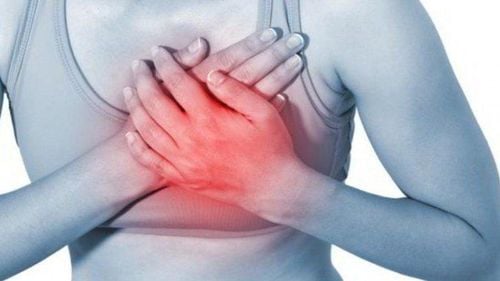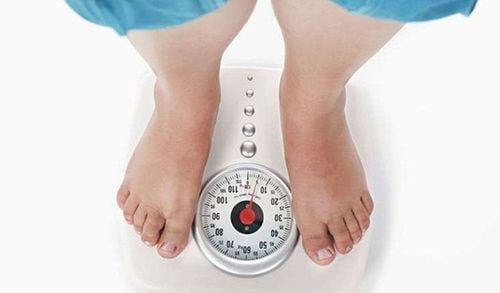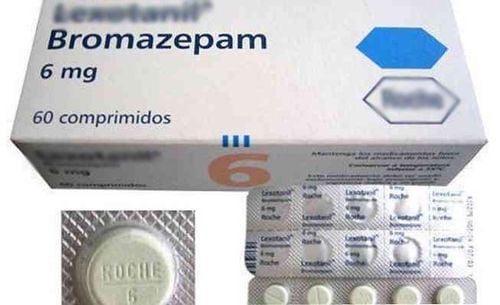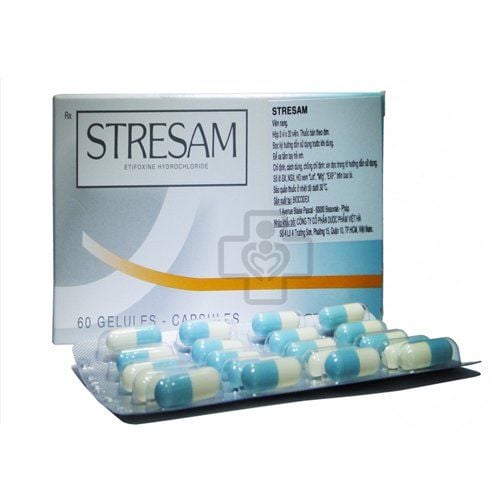Hiccups are a common symptom in people with gastroesophageal reflux disease. Usually hiccups only last for a few minutes, but in some cases they last for 1–2 days, and in some cases, hiccups with gastroesophageal reflux last for years.
1. Why hiccup when you have gastroesophageal reflux disease?
A hiccup is an involuntary contraction of the diaphragm, a muscle positioned between the chest and the abdomen. When the diaphragm contracts, the vocal cords close quickly, causing the characteristic sound of hiccups. Hiccups are a natural bodily reaction that everyone will experience at some point in their lives. Some people have hiccups for hours or even years. Most of the time, they only last a few minutes. The frequency of hiccups varies widely between patients, ranging from two to sixty times per minute.
If hiccups last only a few minutes to less than 24 hours, they are a normal occurrence. That can be caused by a variety of factors, including swallowing food too quickly, swallowing too much air into the stomach, a lack of water, electrolyte imbalance, drinking too much alcohol, drinking cold drinks while eating hot food, laughing loudly, coughing, and so on. This phenomena has no health implications and requires no intervention. Some folk cures can help shorten the duration of hiccups. However, if the hiccups linger more than 48 hours or occur on a regular basis, they may be caused by a pathological condition.
Hiccups are a common symptom of gastroesophageal reflux disease. People with gastroesophageal reflux disease have hiccups caused by gastric juice refluxing from the stomach into the esophagus, as well as heartburn and bloating, which lead to the diaphragm spasming. In addition to hiccups, patients will have classic gastroesophageal reflux symptoms such as belching, heartburn, acid reflux, a burning sensation in the stomach, difficulty swallowing (dysphagia), chest pain, hoarseness, coughing, nausea, vomiting, a bitter mouth, etc.

2. What should you do if you get hiccups due to gastroesophageal reflux?
2.1. Treatment for Gastroesophageal reflux
Hiccup symptoms, while producing weariness and discomfort, have no major health consequences. However, if the source of hiccups is uncontrolled, it can lead to a variety of serious problems including gastroesophageal ulcers, esophageal strictures, Barrett's esophagus, esophageal cancer, etc. It is very important to treat gastric reflux disease completely. When the condition is under control, the hiccups and other symptoms will improve.
Gastric reflux is treated with a combination of internal medicine, and lifestyle adjustments. Treatment is often a lengthy procedure. To ensure the treatment's effectiveness, the patient must completely adhere to the doctor's directions.
Lifestyle adjustments include:
- Refraining from consuming foods and beverages such as coffee, chocolate, lemon juice, fizzy beverages, vinegar, tomatoes, etc.
- Avoid eating at least two hours before bedtime and sleep with your head raised. Divide into several meals; do not overeat.
- Do not work, exercise, or lean forward after eating. Quit smoking and avoid gaining weight.
- Avoid tightening or wearing clothing that is too tight.
Gastric reflux is typically treated with the following medicines:
- Acid-neutralizing medications assist to relieve symptoms rapidly; for maximum benefits, take 1-3 hours after eating. The most popular type is a mixture of aluminum hydroxide and magnesium hydroxide, which is available in a variety of forms including tablets, gels, granules, and more.
- Proton pump inhibitors include omeprazole, lansoprazole, pantoprazole, and esomeprazole. The typical dosage is one pill per day, 30 minutes before meals, for four to eight weeks. If the patient does not respond to treatment, the dose can be doubled for 4 to 8 weeks. If the patient's condition improves after 4-8 weeks of treatment, the doctor can use treatment downgrading techniques such as lowering the dose, only using the drug when necessary, or discontinuing use.
- Ranitidine, Cimetidine, Famotidine, and other H2 receptor inhibitors are useful in treating mild to moderate gastroesophageal reflux. The normal dose is one tablet taken twice a day, 15-30 minutes before meals.
If medicine and lifestyle changes do not work, the patient may be prescribed surgery to treat reflux. The commonly used method is laparoscopic Nissen fundoplication; its anti-reflux effectiveness is 80–90%.

2.2. Some Effective Methods to Control Hiccups
When a patient with gastroesophageal reflux experiences hiccups, the patient can employ the following strategies to reduce the duration of the hiccups, which induce weariness and discomfort:
- Drink little sips of water: This treatment has been passed down through folk medicine for a long time and is beneficial in preventing hiccups. Drinking little sips of water causes the diaphragm to contract intermittently; when the diaphragm does not contract, the hiccups stop immediately.
- One of the most common strategies is to adjust your breathing. Take a deep breath, hold it for about 15 seconds, then slowly exhale.
- Plug your ears: Cover your ears with two index fingers for about three minutes, then take a sip of cold water. Continuously covering your ears helps to adjust the pressure in the chest cavity, while cold water helps to quickly change the temperature. These two effects help to inhibit diaphragm contractions, thereby controlling hiccups.
- Sniffing pepper powder induces sneezing, which helps avoid diaphragm spasms and disturbs breathing at the same time, allowing you to quickly control hiccups.
Furthermore, psychological techniques such as attempting to concentrate on something really complicated or intriguing, such as tackling a math problem, watching football or volleyball, might help lessen hiccups.
Register for a medical examination at Vinmec International General Hospital and have your health tested by highly qualified experts with extensive expertise treating digestive and stomach illnesses... The hospital also boasts sophisticated facilities and technology, as well as a team of seasoned professionals that are constantly available for medical examinations and treatment. Customers can therefore be confident in the service provided by Vinmec International General Hospital.













